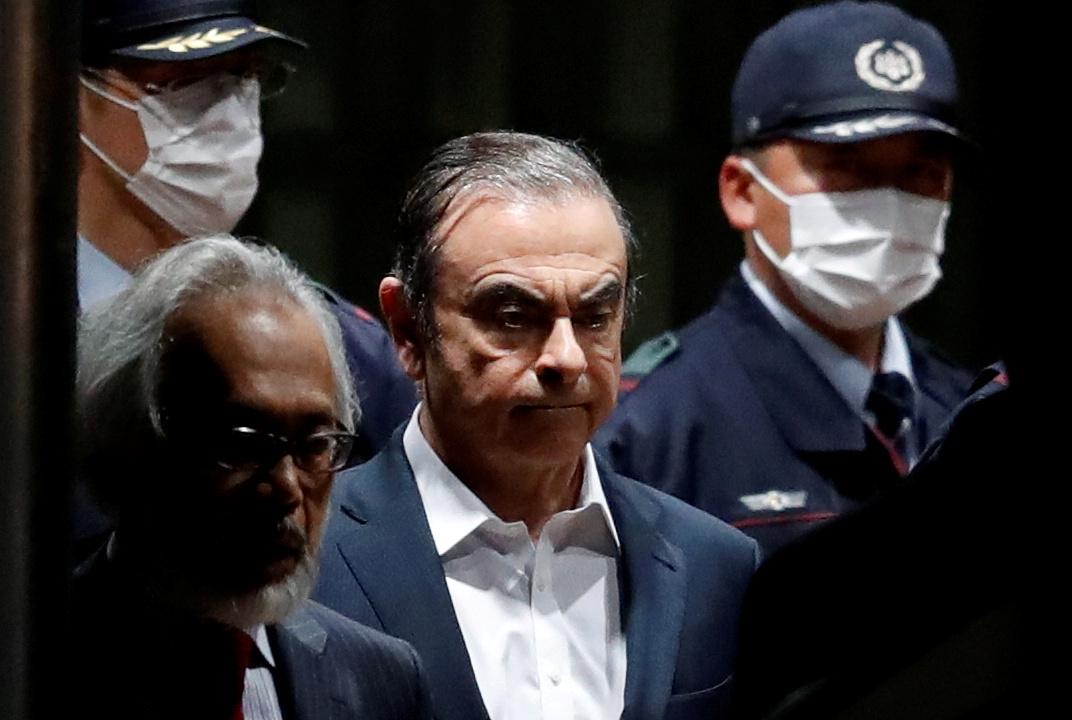Commentary
The successful flight of former automobile executive Carlos Ghosn to his native Lebanon from the kangaroo court of Japan should be seen as a victory for individual liberties.

The successful flight of former automobile executive Carlos Ghosn to his native Lebanon from the kangaroo court of Japan should be seen as a victory for individual liberties.